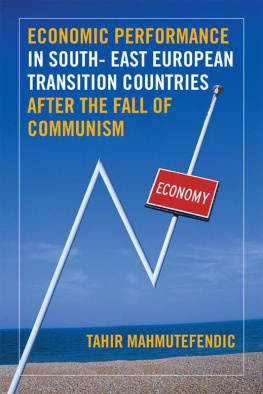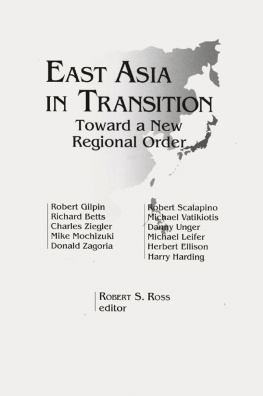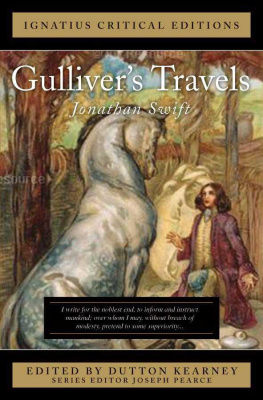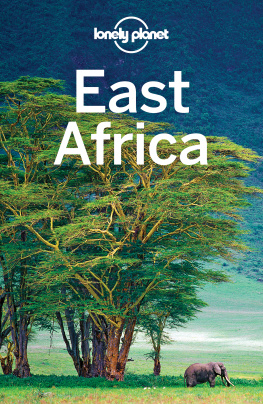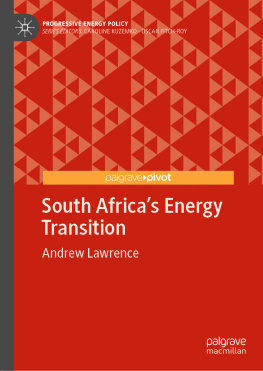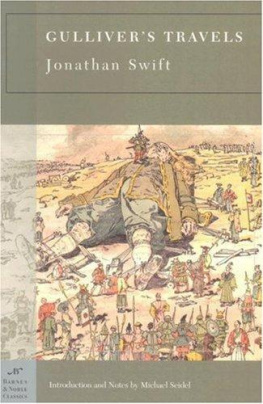Routledge Library Editions
TRADITION AND TRANSITION IN EAST AFRICA
ANTHROPOLOGY AND ETHNOGRAPHY
Routledge Library Editions
Anthropology and Ethnography
AFRICA
In 26 Volumes
I | Spirit Mediumship and Society in Africa | Beattie & Middleton |
II | Custom & Politics in Urban Africa | Cohen |
III | Urban Ethnicity | Cohen |
IV | Order and Rebellion in Tribal Africa | Gluckman |
V | Death, Property and the Ancestors | Goody |
VI | The Family Estate in Africa | Gray & Gulliver |
VII | Tradition and Transition in East Africa | Gulliver |
VIII | The Human Factor in Changing Africa | Herskovits |
IX | African Ecology and Human Evolution | Howell & Bourlire |
X | The Nandi of Kenya | Huntingford |
XI | Fields of Change among the Iteso of Kenya | Karp |
XII | The Niger Journal of Richard and John Lander | Hallett |
XIII | Defeating Mau Mau | Leakey |
XIV | Mau Mau and the Kikuyu | Leakey |
XV | Urbanization as a Social Process | Little |
XVI | Family and Social Change in an African City | Marris |
XVII | Widows and their Families | Marris |
XVIII | Tribes without Rulers | Middleton & Tait |
XIX | Neighbours and Nationals in an African City Ward | Parkin |
XX | The Last Trek | Patterson |
XXI | Women of Tropical Africa | Paulme |
XXII | Hunger and Work in a Savage Tribe | Richards |
XXIII | Leopards and Leaders | Ruel |
XXIV | Western Civilization and the Natives of South Africa | Schapera |
XXV | East African Societies | Shorter |
XXVI | The Samburu | Spencer |

First published in 1969
Reprinted in 2004 by
Routledge
2 Park Square, Milton Park, Abingdon, Oxon, OX14 4RN
Transferred to Digital Printing 2006
Routledge is an imprint of the Taylor & Francis Group
1969 P H Gulliver
All rights reserved. No part of this book may be reprinted or reproduced or utilized in any form or by any electronic, mechanical, or other means, now known or hereafter invented, including photocopying and recording, or in any information storage or retrieval system, without permission in writing from the publishers.
The publishers have made every effort to contact authors/copyright holders of the works reprinted in Routledge Library Editions Anthropology and Ethnography. This has not been possible in every case, however, and we would welcome correspondence from those individuals/companies we have been unable to trace.
These reprints are taken from original copies of each book. In many cases the condition of these originals is not perfect. The publisher has gone to great lengths to ensure the quality of these reprints, but wishes to point out that certain characteristics of the original copies will, of necessity, be apparent in reprints thereof.
British Library Cataloguing in Publication Data
A CIP catalogue record for this book is available from the British Library
Tradition and Transition in East Africa
ISBN 978-0-415-32986-6
Miniset: Africa
Series: Routledge Library Editions Anthropology and Ethnography
Printed and bound by CPI Antony Rowe, Eastbourne
TRADITION AND TRANSITION IN EAST AFRICA
Studies of the Tribal Element in the Modern Era
Edited by
P. H. Gulliver
First published in 1969
by Routledge and Kegan Paul Ltd
Broadway House, 6874 Carter Lane
London, E.C.4
Printed in Great Britain by
Ebenezer Baylis and Son, Ltd
The Trinity Press, Worcester, and London
P. H. Gulliver, 1969
No part of this book may be reproduced
in any form without permission from
the publisher, except for the quotation
of brief passages in criticism
SBN 7100 6426 8
CONTENTS
- P. H. Gulliver
- W. J. Argyle
- George Bennett
- Tom J. Mboya
- W. H. Whiteley
- Eugene Cotran
- J. W. Tyler
- J. S. La Fontaine
- Michael Twaddle
- Kathleen M. Stahl
- P. H. Gulliver
- Kirsten Alnaes
- David J. Parkin
- R. D. Grillo
- H. F. Morris
- I. M. Lewis
EDITORIAL PREFACE
T he idea of this symposium was originally developed in the inter-departmental African Seminar held during the academic year 19667 at the School of Oriental and African Studies, University of London. That Seminar was attended by staff and postgraduate students from the School and from other colleges in the University. In this volume are included redrafted versions of some of the papers given to the Seminar; and to these have been added a number of others which widen the scope of treatment of the general topic. It is no longer useful to distinguish between these, however.
This symposium is not intended to be, and could not be, an exhaustive and definitive treatment of the nature and problems of the tribal factor in East Africa and of the interplay of factors and forces, institutions and values, interests and emotions, realities and phantasy, deriving from tradition and from the continued transition involved in modernization. Such exhaustive treatment is not possible. It would require consideration of virtually every aspect of human activity in a highly variegated region of Africa; and in any case there are large areas and important topics on which reliable information and understanding are still unavailable. Moreover, we are not dealing with a period in history, over and done with, but with the recent past flowing into the present and on into the future. Instead, therefore, we have sought to examine some of the more important aspects and themes, and to illustrate the general discussion with particular, selected examples.


